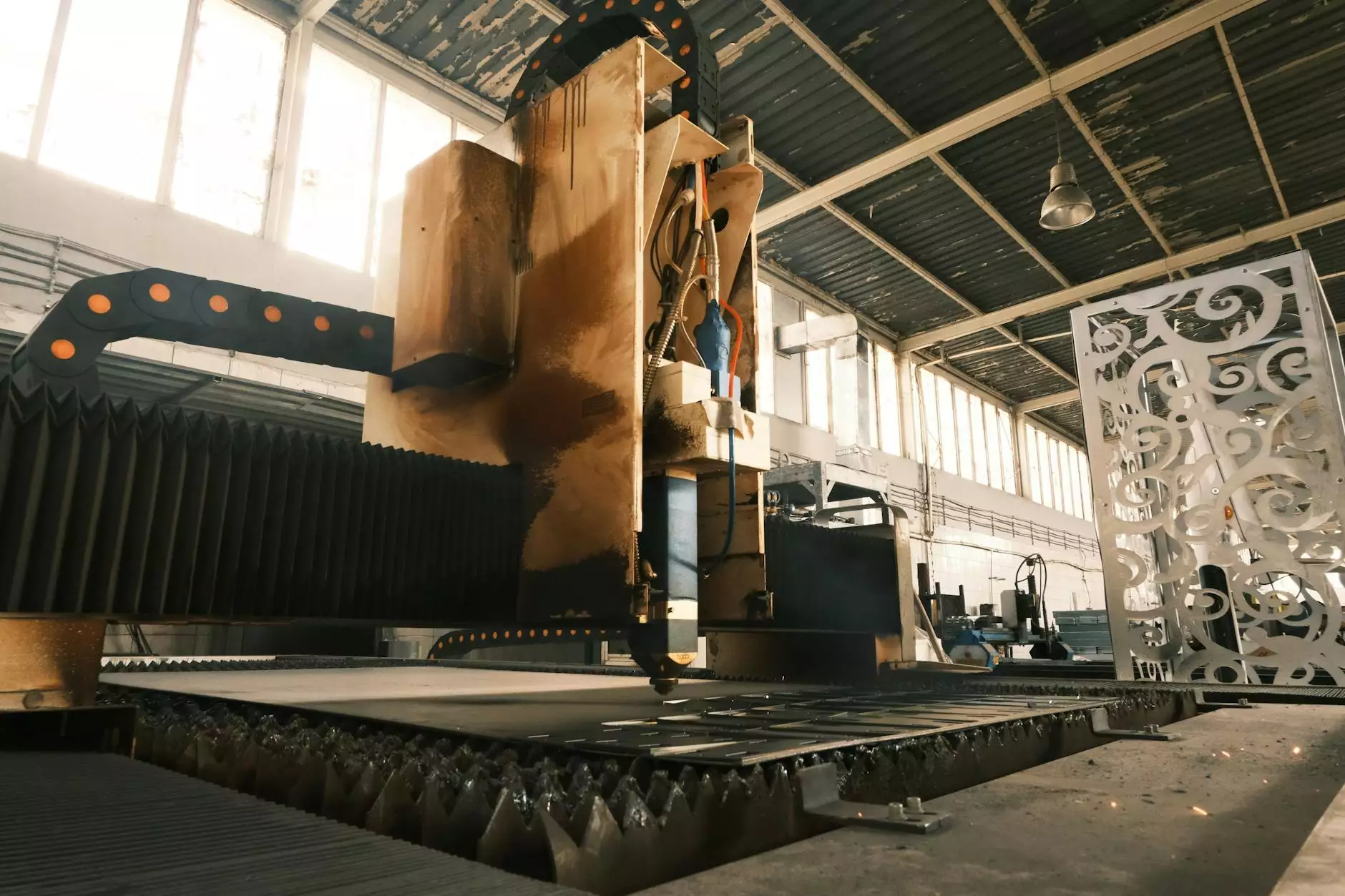The Essentials of HVAC Systems: Your Comprehensive Guide to Heating & Air Conditioning

In today's fast-paced world, maintaining a comfortable indoor climate has become essential for our well-being and productivity. The backbone of achieving this comfort is a robust Heating, Ventilation, and Air Conditioning (HVAC) system. In this comprehensive guide, we will delve into the critical aspects of HVAC systems, providing insights that can help you make informed decisions regarding the heating and air conditioning needs of your residential or commercial space. By prioritizing these systems, not only will you enhance your comfort, but you will also improve energy efficiency and save on operational costs.
What is HVAC?
The term HVAC stands for Heating, Ventilation, and Air Conditioning. These three functions work together to regulate the indoor environment of a building, ensuring optimal air quality and thermal comfort. Understanding each component of this system is crucial in appreciating its role in our everyday lives.
Heating
Heating refers to the process of raising the temperature in a space to provide comfort during colder months. Various systems can be used for heating, including:
- Furnaces: These are among the most common heating systems, using fuel sources like gas, oil, or electricity to generate heat that is distributed throughout a building.
- Heat Pumps: These versatile units can provide both heating and cooling by transferring heat to or from the exterior air or ground.
- Boilers: Utilizing hot water or steam, boilers heat space through radiators or underfloor heating systems.
Ventilation
Ventilation is the process of exchanging or replacing air in a space to improve indoor air quality. It serves to remove moisture, odors, smoke, heat, dust, airborne bacteria, and carbon dioxide, while bringing in fresh air.
There are two primary types of ventilation:
- Naturally Ventilated Systems: These systems rely on natural forces like wind and thermal buoyancy to circulate air.
- Mechanically Ventilated Systems: These utilize fans and ductwork to ensure that air is efficiently circulated and filtered.
Air Conditioning
Air conditioning systems are designed to cool and dehumidify indoor air for improved comfort during hot weather. Similar to heating systems, air conditioning can be achieved via various mechanisms:
- Central Air Conditioning: This system cools air at a central location and distributes it throughout the building via ductwork.
- Split Systems: Consisting of an outdoor unit and one or more indoor units, split systems are often used for individual rooms or zones.
- Window Units: Ideal for smaller spaces, these units cool a single room and are installed directly into windows.
Why Invest in a Quality HVAC System?
Investing in a high-quality HVAC system is critical for several reasons:
1. Improved Comfort and Health
A well-functioning HVAC system maintains a consistent indoor temperature and humidity levels, enhancing your comfort and overall health. With adequate ventilation, you reduce allergens and pollutants in your home, contributing to a healthier living environment.
2. Energy Efficiency
Modern HVAC systems are designed with energy efficiency in mind, often using less energy to maintain desired temperatures than older models. This not only reduces your carbon footprint but also significantly lowers utility bills.
3. Higher Property Value
A well-maintained HVAC system can be an attractive feature for potential buyers. Investing in quality HVAC systems, coupled with regular maintenance, can increase your home's market value.
4. Longevity and Reliability
Quality systems, when properly installed and maintained, tend to last longer and operate more reliably than cheaper alternatives. This reliability can save you significant costs over time and provides peace of mind.
Choosing the Right HVAC System for Your Needs
Selecting the right HVAC system involves careful consideration of several factors:
1. Size and Capacity
One of the most important factors is ensuring that your chosen system is appropriately sized for your space. An undersized system will struggle to maintain comfort levels, while an oversized system will cycle on and off frequently, leading to inefficiency and wear.
2. Energy Efficiency Ratings
Look for systems that are rated for energy efficiency. The Seasonal Energy Efficiency Ratio (SEER) for air conditioning and the Annual Fuel Utilization Efficiency (AFUE) for heating systems are critical metrics to consider.
3. System Type
Decide whether a centralized system, such as a furnace or heat pump, or distributed systems like ductless mini-splits best suit your space and preferences.
4. Climate Considerations
Your local climate plays a significant role in determining the type of HVAC system you will need. A home in a colder climate may require a more robust heating system, while a warmer climate emphasizes the importance of effective cooling systems.
Maintenance Tips for HVAC Systems
Maintaining your HVAC system is essential to ensure its efficiency and longevity. Here are some practical tips:
- Regular Filter Changes: Replace or clean your filters regularly to maintain airflow and air quality.
- Annual Inspections: Schedule professional inspections annually to check for issues and perform necessary tune-ups.
- Clear Surrounding Areas: Keep the area around your outdoor units clear of debris to prevent airflow restrictions.
- Check for Leaks: Inspect ductwork for leaks that can reduce system efficiency and lead to higher energy costs.
The Future of HVAC Technology
The HVAC industry continues to innovate, offering exciting advancements in technology. These developments not only improve efficiency but also enhance user experience and control. Some trends to watch include:
1. Smart HVAC Systems
Integration with smart home technologies allows for more efficient and user-friendly control of heating and cooling systems through mobile apps and voice commands.
2. Sustainable Energy Sources
The shift towards renewable energy sources, such as solar power, is influencing HVAC design and operation, allowing homeowners to reduce reliance on traditional energy sources.
Conclusion
In conclusion, an effective HVAC system is crucial to creating a comfortable, efficient, and healthy indoor environment. Whether you're considering an upgrade or installation for a new home, it's essential to choose a system that meets your specific needs. Don't underestimate the importance of regular maintenance to prolong the life of your system and maintain efficiency. Investing in a quality HVAC system will pay dividends in comfort, energy savings, and property value. Explore more about HVAC solutions and services at https://dihaairconditioning.com/ and make your indoor space a haven of comfort.



